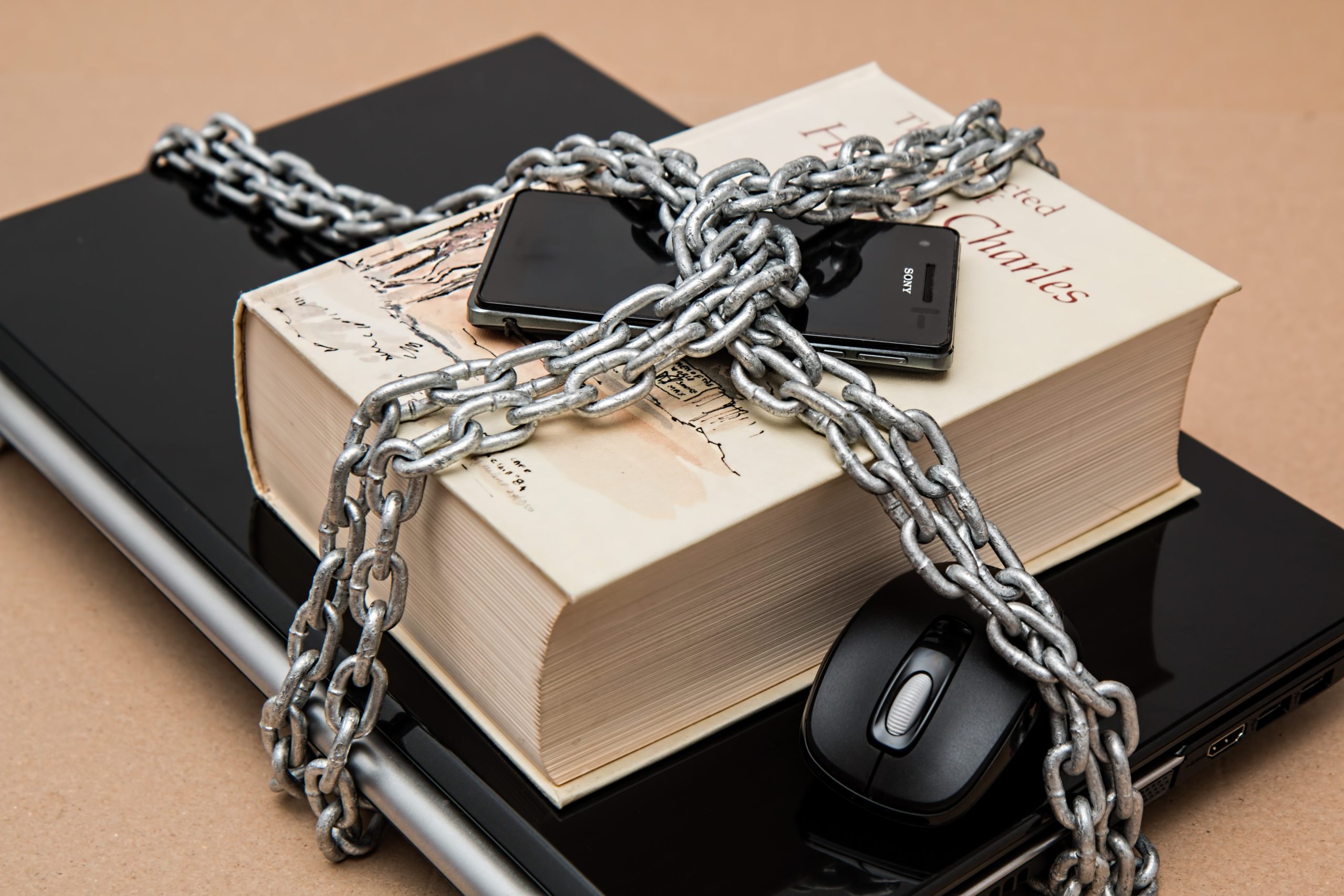

As more and more services move online, keeping track of all your usernames and passwords can seem like a Sisyphean task; for every one remembered, another is forgotten. The inconvenience and frustration caused by our ever-expanding caches of passwords lead many of us to ignore security best practices and take shortcuts. We repeat passwords, turn of multi-factor authentication, and store our passwords in unsecured documents.
What many of us fail to recognize, is that these inconveniences are precisely what make our accounts secure. Hacking is a numbers game, and hackers are like burglars trying a series of doors. When they come upon a locked door, they don’t spend the effort to try and unlock it; instead, they move on to the next house, and the next, only entering when they come across an unlocked door.
Most of us are not the specific targets of cyberattacks, and we don’t have one particular account or piece of information that hackers are after. Cybercriminals will, for example, send out an infected email to 10,000 people. Even if you fall for it and give them your account information, if you have multi-factor authentication, the hackers won’t be able to access your accounts. They aren’t going to spend the time and effort to hack into your phone or email just to get the temporary password sent to you. It’s much easier for them to solely attack unsecured accounts without multi-factor authentication.
This same logic applies to passwords; if you only have one password that you reuse, and that password gets compromised, hackers will be able to access almost all your accounts. If, however, you don’t reuse passwords and one is compromised, the damage will be limited to that one account. This is because you are not a specific target. Cybercriminals will get all they can out of that one compromised password and move on to their next victim. Little inconveniences to us become big inconveniences to hackers.
Ultimately, there is a tradeoff between convenience and security. When your accounts are easy for you to access, they are also easy for cybercriminals to access. In other words, if you leave your key under the porch, you’re less likely to be locked out of your house, but thieves are also more likely to come in.
With that in mind, here are 5 steps you can take to keep you and your business protected from malicious cyberactors.
These are just basic steps and are not wholly inclusive. Contact DDKinfotech to find out how to keep you and your business protected from hackers.

